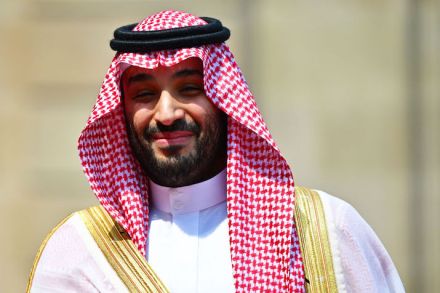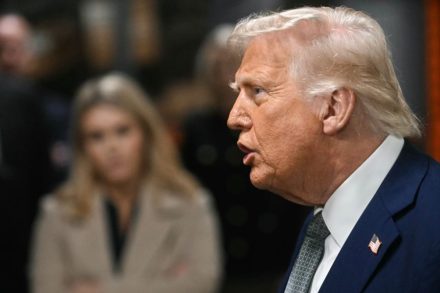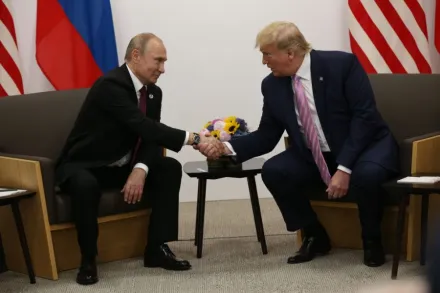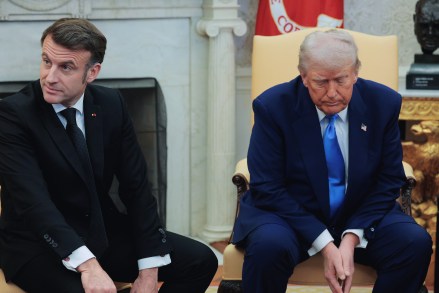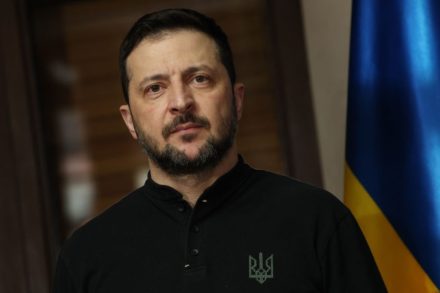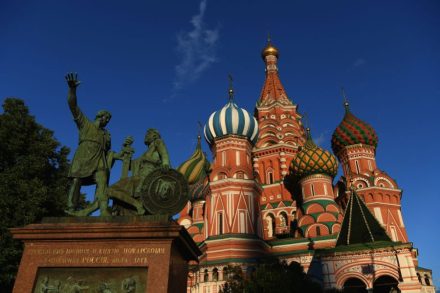Ukraine is looking like the loser in Russia-US peace talks
Ukraine’s worst nightmare is coming true: Vladimir Putin has presented the bill to end his war – and Donald Trump is forcing Kyiv to pay it. After 12 hours of talks with seasoned Russian diplomats in Saudi Arabia, the US delegation was so worn out and desperate for a win that they agreed to ease sanctions on Russia. In return, Moscow pledged not to bomb civilian vessels in the Black Sea and to halt strikes on energy and oil infrastructure if Kyiv does the same. But soon after the meeting ended, the Kremlin extended its list of demands. Volodymyr Zelensky says this isn’t what Ukraine and the US agreed to





